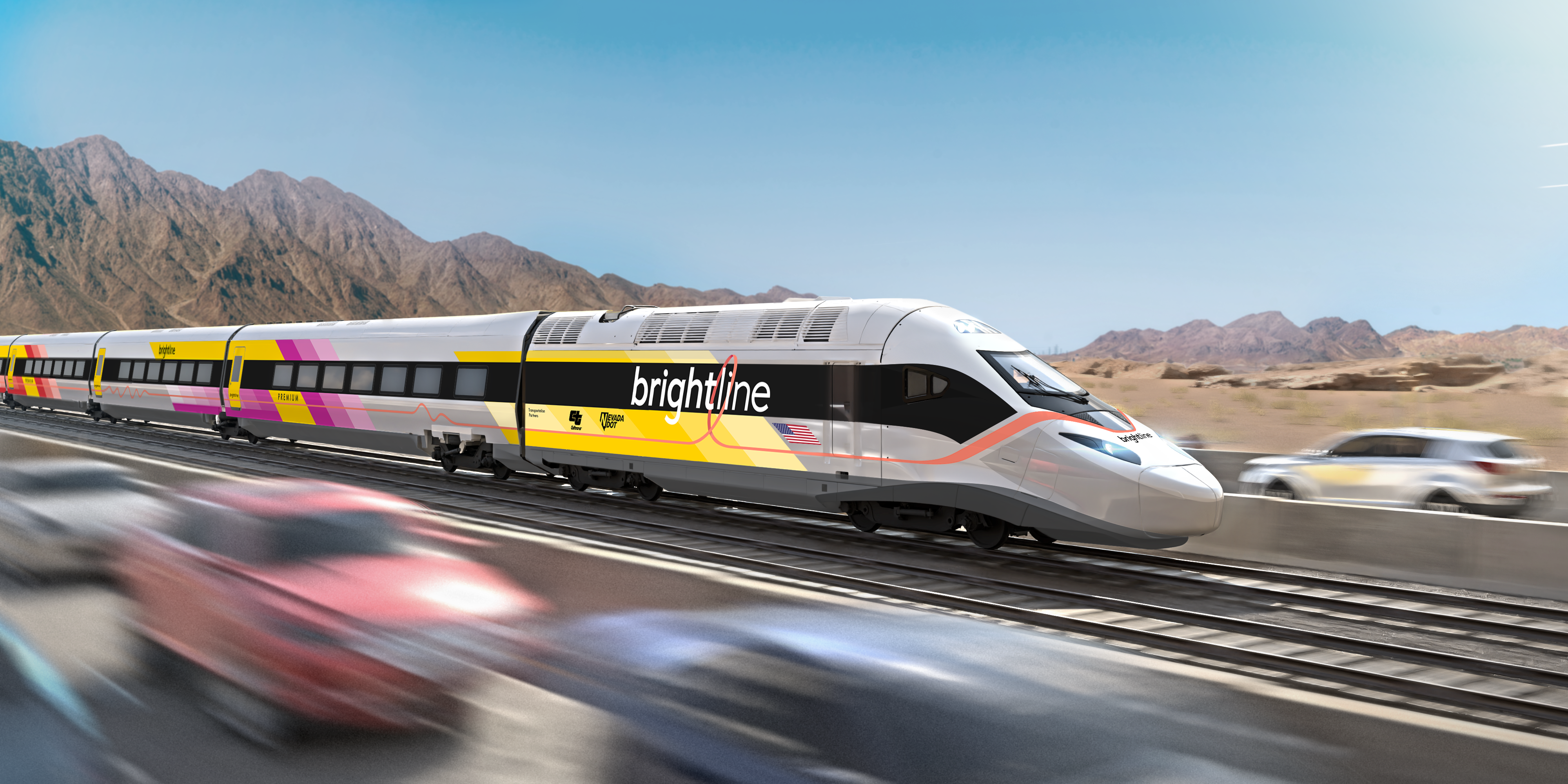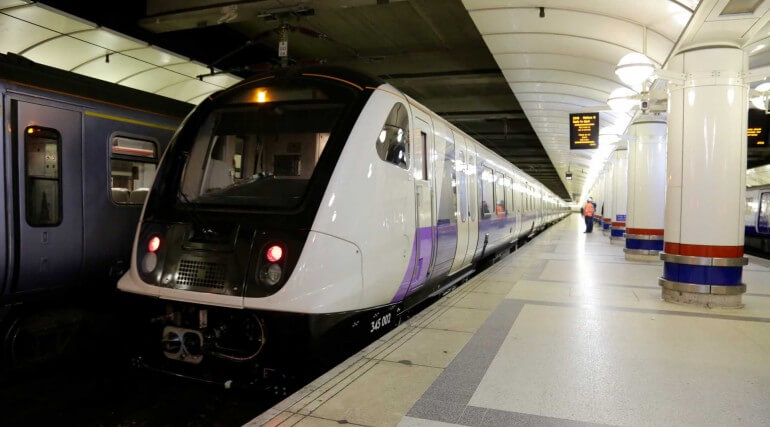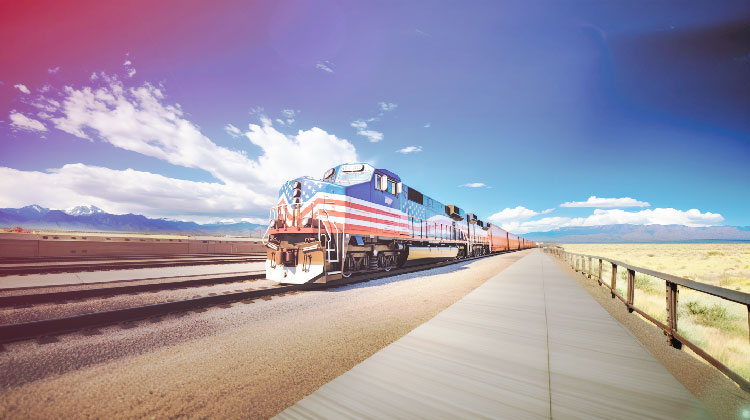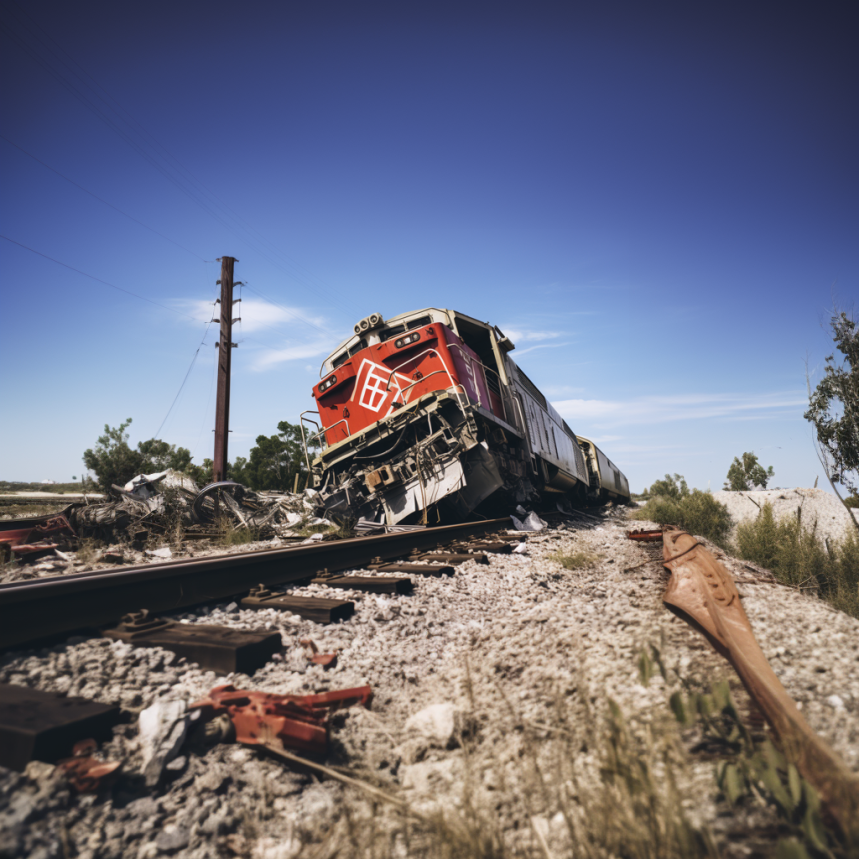By Shahar Hania, CEO & Co-Founder at Rail Vision
Rail networks are not just about transportation; they are powerful engines of economic growth and connectivity. In an increasingly interconnected world, the role of rail in bolstering economies and linking communities has never been more significant.
Catalysts for Economic Development
Rail networks play a crucial role in economic development. They facilitate the efficient movement of goods and people, reducing transportation costs and opening up new markets for businesses. This connectivity is vital for both urban and rural areas, often serving as a lifeline for remote communities.
Job Creation and Skill Development
The rail industry is a significant employer, offering a range of jobs from engineering and construction to operations and maintenance. The development of rail infrastructure and services not only creates immediate employment opportunities but also contributes to skill development in the community.
Boosting Trade and Commerce
Rail networks are key to boosting trade and commerce. They provide a reliable and cost-effective means of transporting goods, which is especially crucial for industries like agriculture, manufacturing, and mining. By enhancing trade efficiency, rail networks play a pivotal role in supporting and growing economies.
Sustainable Economic Growth
In the context of sustainable development, rail transport offers a greener alternative to road and air transport. By reducing greenhouse gas emissions and traffic congestion, rail networks contribute to environmental sustainability, which is increasingly becoming a cornerstone of economic policies worldwide.
Urban Development and Real Estate Value
The presence of a rail network can significantly impact urban development and real estate values. New rail lines often lead to increased property values and spur urban regeneration projects, reshaping cities and creating new economic opportunities.
Challenges and Opportunities
Despite these benefits, the rail industry faces challenges, such as the need for substantial capital investment, maintaining and upgrading ageing infrastructure, and adapting to evolving technological and environmental standards. Addressing these challenges is essential for maximising the economic potential of rail networks.
Moving Forward
As we look to the future, the economic impact of rail networks remains a key area of focus. Investing in rail infrastructure is not just about improving transportation; it’s about fueling economic growth, enhancing connectivity, and fostering sustainable development. The tracks laid today are the pathways to economic prosperity tomorrow.


























